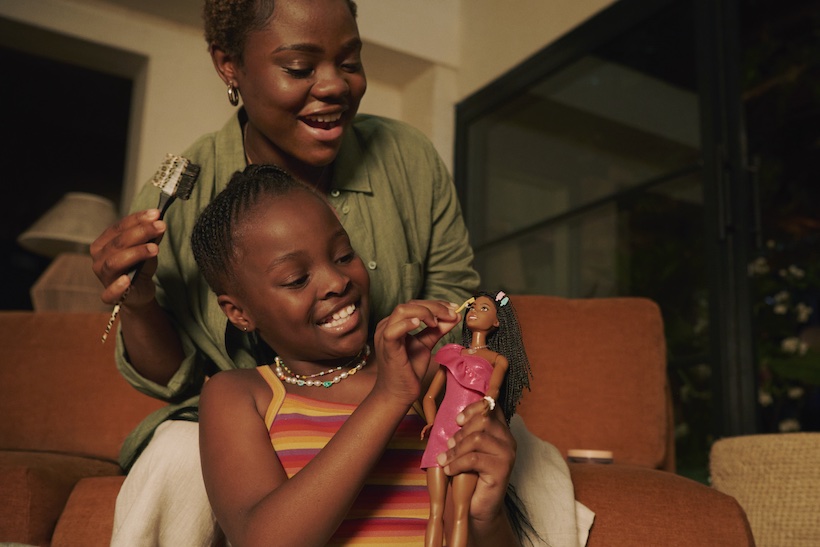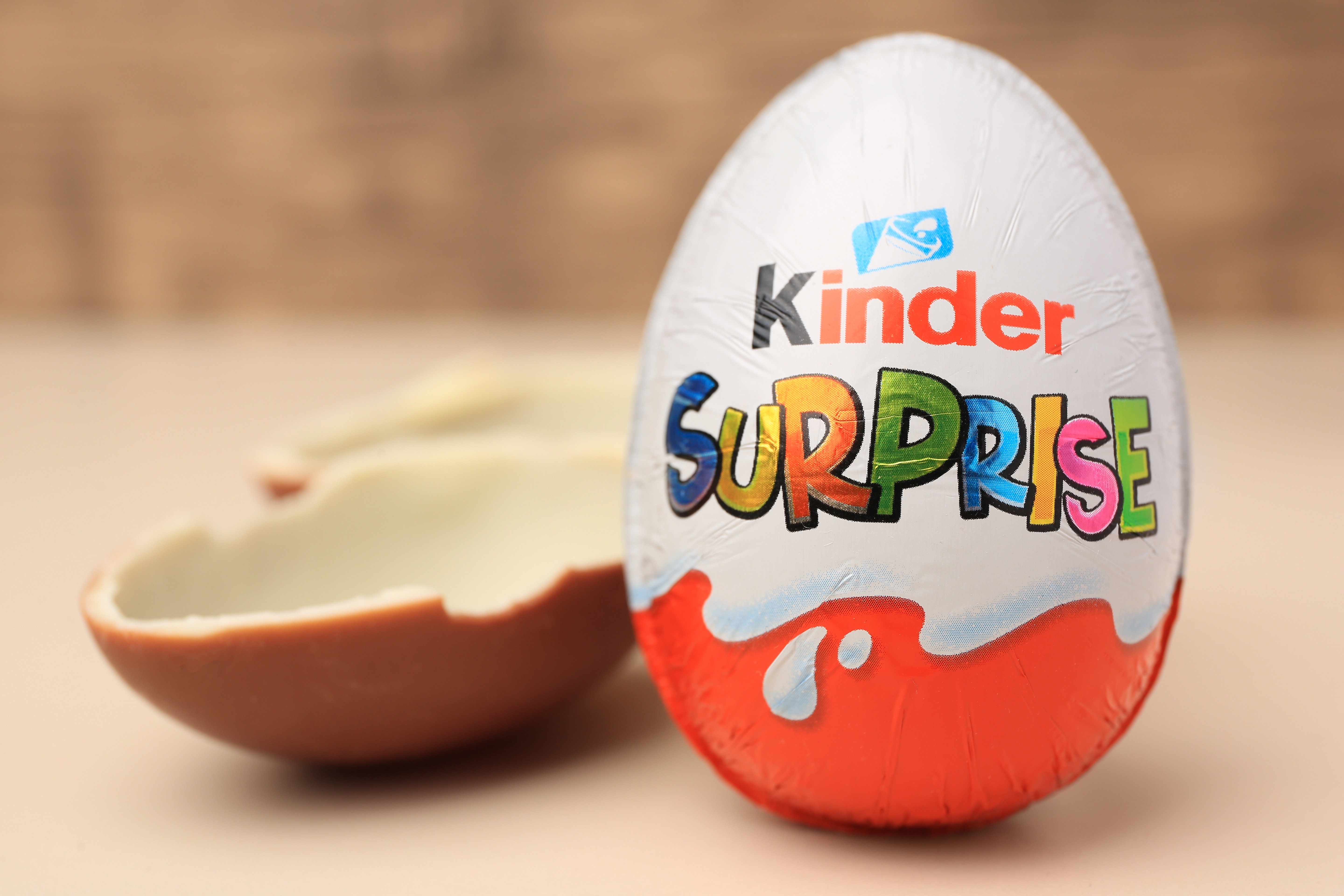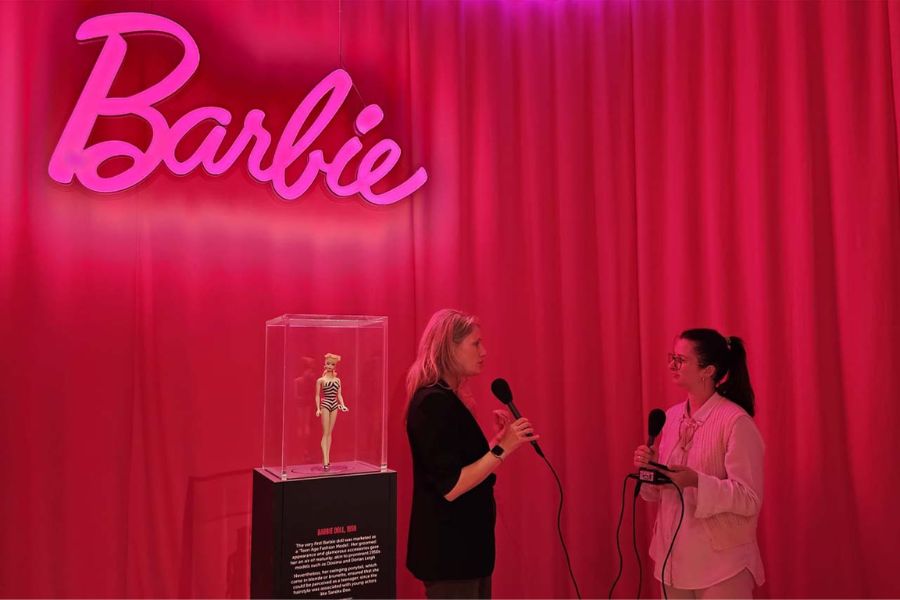Mattel is unveiling its latest addition to its increasingly diverse and inclusive doll line: a Barbie with Down syndrome.
The latest launch is meant to provide children with Down syndrome a doll that reflects their features and provide them with a sense of belonging. Each year, around 6,000 babies are born in the U.S. with Down syndrome, according to the Centers for Disease Control and Prevention.
However, while the doll is intended to support the Down syndrome community, it’s also meant to give all kids in general a chance to expand their worldview and sense of empathy.
“Our goal is to enable all children to see themselves in Barbie, while also encouraging children to play with dolls who do not look like themselves,” Lisa McKnight, EVP and global head of Barbie & Dolls at Mattel, said in a statement.
In recent years, Mattel has been doubling down on its efforts to expand what it calls “the most diverse doll line on the market,” introducing dolls with different skin colors and body sizes. The company has also expanded the number of Barbies with disabilities, such as launching the first Barbie with hearing aids and a Chelsea doll with scoliosis in 2022.
The Barbie doll also wears a pink pendant necklace with three upward chevrons, a symbol in the Down syndrome community that’s meant to represent “the lucky few” who have three copies of chromosome 21.
In a video launched as part of the campaign, Mattel interviewed parents of people with Down syndrome to get their take on the new doll.
“Creating this doll with Down syndrome is really Barbie saying we see you,” one woman notes in the video. “We see you, and we see your value, and we honor you as a part of our community.”
Mattel said in a statement that the Barbie Fashionistas line has more than 175 looks that encompass eye colors, hair colors and textures, body types and disabilities. As part of its latest additions, Barbie is also introducing a Ken doll with a prosthetic leg.
“Doll play outside of a child’s own lived experience can teach understanding and build a greater sense of empathy, leading to a more accepting world,” McKnight said.
National Down Syndrome Society CEO Kandi Pickard said that “this means so much for our community, who for the first time, can play with a Barbie doll that looks like them.”
Pickard added that this Barbie serves as a reminder that “we should never underestimate the power of representation. It is a huge step forward for inclusion and a moment that we are celebrating."











